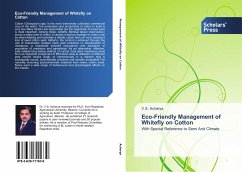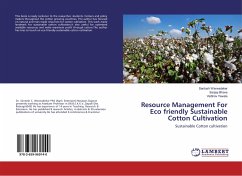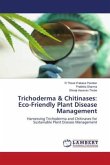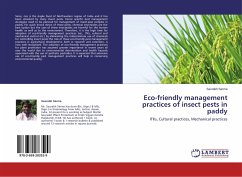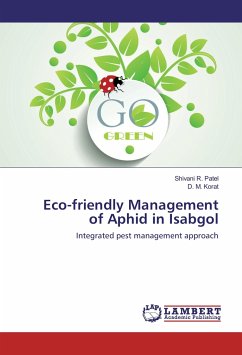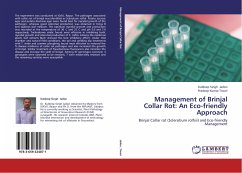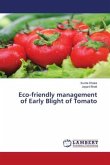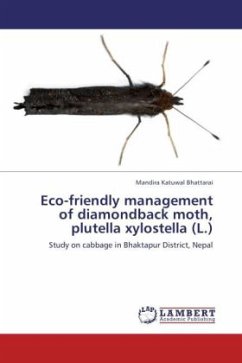Cotton (Gossypium spp) is the most extensively cultivated commercial crop of the world. The production and productivity of cotton in India is very low. Many factors are responsible but the magnitude of insect pest is most important. Among these, whitefly, Bemisia tabaci (Gennadius) act as a major pest of cotton. It causes a serious damage to cotton crop by direct feeding and transmits a deadly cotton leaf curl virus causing a loss of seed cotton yield. Hitherto, the control is achieved through the use of insecticides created many pest problems i.e development of resistance, a insecticide induced resurgence and disruption of population of predators and parasitoids. As an alternative, effective, safe reliable long lasting method of control, host plant resistance could form an important component of IPM which aims at utilization of different pest control tactics singly or harmoniously in a manner that is ecologically sound, economically practices and socially acceptable.The naturally occurring phytochemicals obtained from neem, cotton seed, fishes exert a wide range of behavioural and physiological effects on the insects
Bitte wählen Sie Ihr Anliegen aus.
Rechnungen
Retourenschein anfordern
Bestellstatus
Storno

